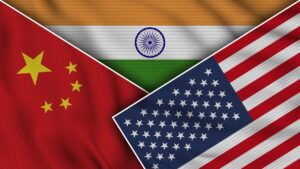Hydroxychloroquine’s journey from a trusted antimalarial drug to a controversial COVID-19 treatment highlights the complex interplay between science, politics, and public health. For India, HCQ underscored the nation’s potential as a global pharmaceutical leader and a key player in health diplomacy. As the world prepares for future health crises, the lessons learned from the HCQ episode will be instrumental in shaping more informed and ethical approaches to drug development and deployment. For UPSC aspirants, HCQ’s story provides a rich case study in science, governance, and international relations.









